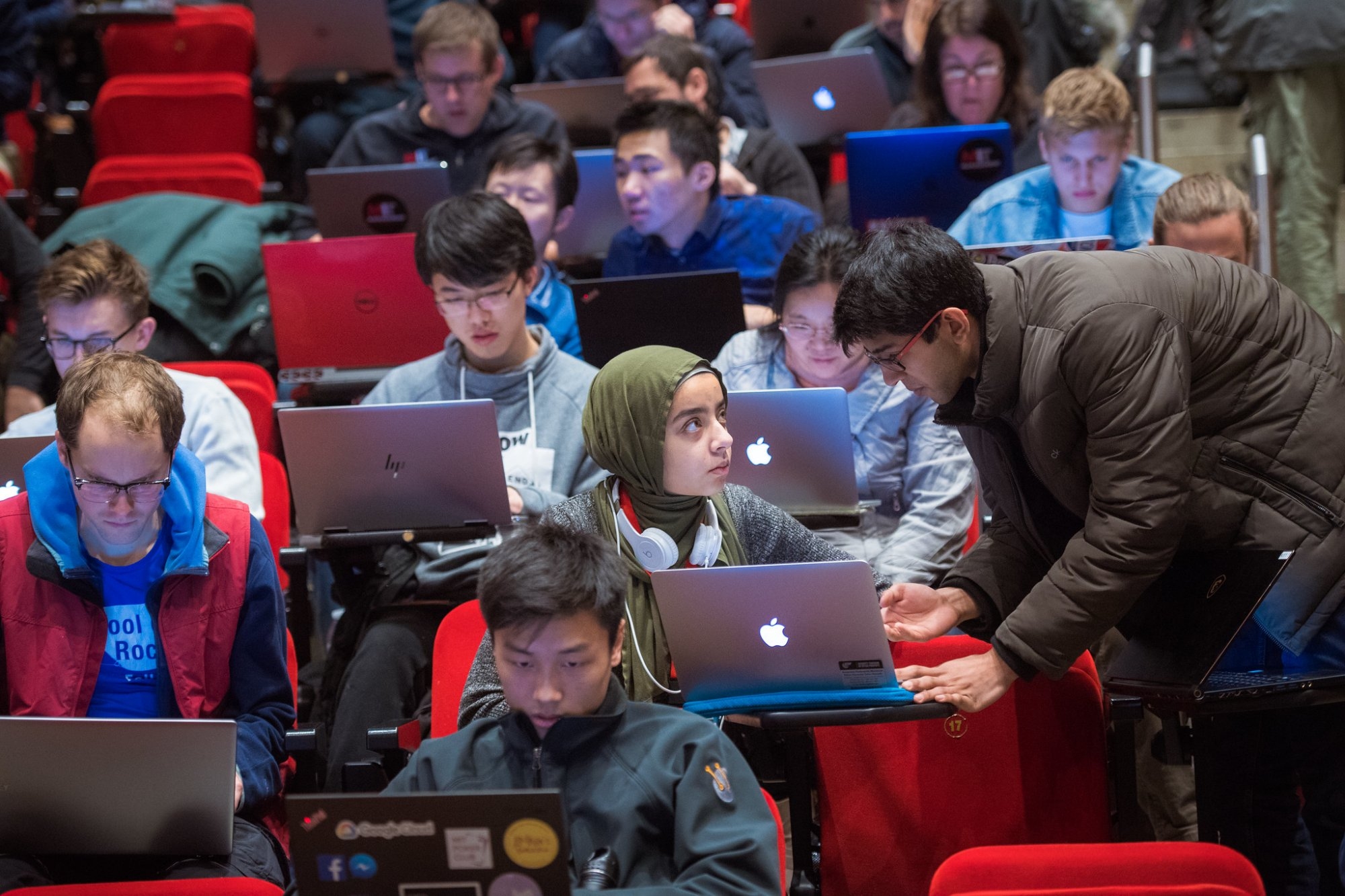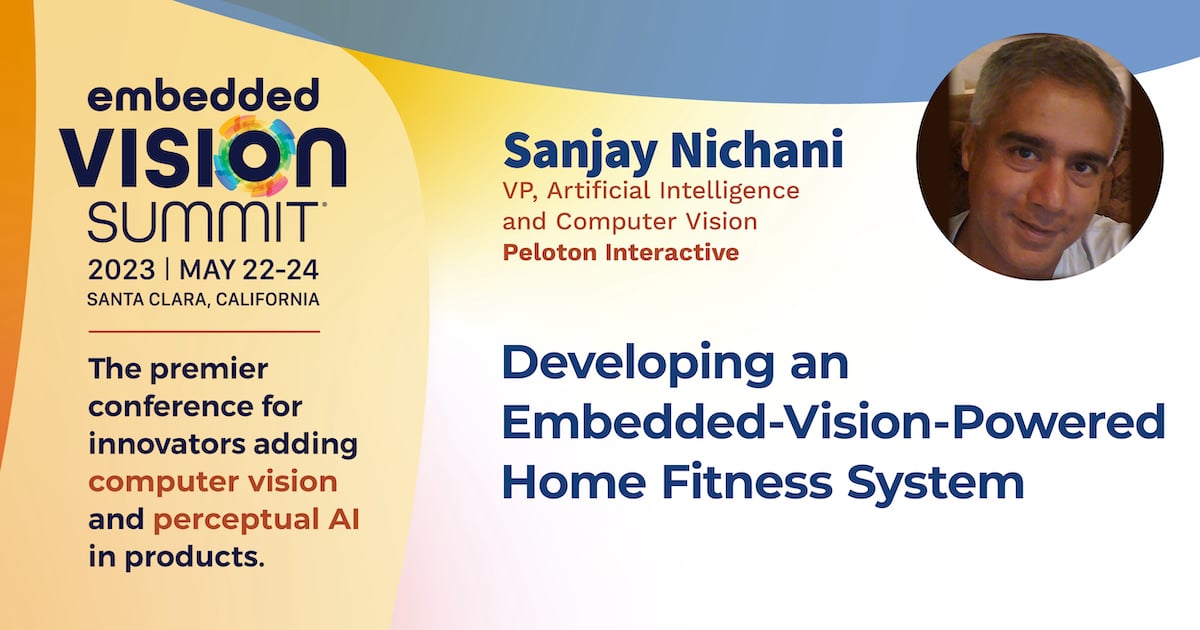A new resource for teaching responsible technology development
The Social and Ethical Responsibilities of Computing publishes a collection of original pedagogical materials developed for instructional use on MIT OpenCourseWare.

Understanding the broader societal context of technology is becoming ever more critical as advances in computing show no signs of slowing. As students code, experiment, and build systems, being able to ask questions and make sense of hard problems involving social and ethical responsibility is as important as the technology they’re studying and developing.
To train students to practice responsible technology development and provide opportunities to have these conversations in the classroom setting, members from across computing, data sciences, humanities, arts, and social sciences have been collaborating to craft original pedagogical materials that can be incorporated into existing classes at MIT.
All of the materials, created through the Social and Ethical Responsibilities of Computing (SERC), a cross-cutting initiative of the MIT Schwarzman College of Computing, are now freely available via MIT OpenCourseWare (OCW). The collection includes original active learning projects, homework assignments, in-class demonstrations, and other resources and tools found useful in education at MIT.
“We’re delighted to partner with OCW to make these materials widely available. By doing so, our goal is to enable instructors to incorporate them into their courses so that students can gain hands-on practice and training in SERC,” says Julie Shah, associate dean of SERC and professor of aeronautics and astronautics.
For the last two years, SERC has been bringing together cross-disciplinary teams of faculty, researchers, and students to generate the original content. Most of the materials featured on OCW were produced by participants in SERC’s semester-long Action Groups on Active Learning Projects in which faculty from humanities, arts, and social sciences are paired with faculty in computing and data sciences to collaborate on new projects for each of their existing courses. Throughout the semester, the action groups worked with SERC on content development and pilot-tested the new materials before the results were published.
The associated instructors who created course materials featured on the new resource site include Leslie Kaelbling for class 6.036 (Introduction to Machine Learning), Daniel Jackson and Arvind Satyanaran for class 6.170 (Software Studio), Jacob Andreas and Catherine D’Ignazio for class 6.864 (Natural Language Processing), Dwai Banerjee for STS.012 (Science in Action: Technologies and Controversies in Everyday Life), and Will Deringer for STS.047 (Quantifying People: A History of Social Science). SERC also enlisted a number of graduate students and postdocs to help the instructors develop the materials.
Andreas, D’Ignazio, and PhD student Harini Suresh recently reflected on their effort together in an episode of Chalk Radio, the OCW podcast about inspired teaching at MIT. Andreas observed that students at MIT and elsewhere take classes in advanced computing techniques like machine learning, but there is still often a “gap between the way we are training these people and the way these tools are getting deployed in practice.” “The thing that surprised me most,” he continued, “was the number of students who said, ‘I’ve never done an assignment like this in my whole undergraduate or graduate training.’”
In a second SERC podcast episode, released on Feb. 23, computer science professor Jackson and graduate student Serena Booth discuss ethics, software design, and impact on everyday people.
Organized by topic areas, including privacy and surveillance; inequality, justice, and human rights; artificial intelligence and algorithms; social and environmental impacts; autonomous systems and robotics; ethical computing and practice; and law and policy, the site also spotlights materials from the MIT Case Studies in Social and Ethical Responsibilities of Computing, an ongoing series that examines social, ethical, and policy challenges of present-day efforts in computing. The specially commissioned and peer-reviewed case studies are brief and intended to be effective for undergraduate instruction across a range of classes and fields of study. Like the new materials on MIT OpenCourseWare, the SERC Case Studies series is made available for free via open-access publishing.
Several issues have been published to date since the series launched in February 2020. The latest issue, the third in the series which was released just last month, comprises five original case studies that explore a range of subjects from whether the rise of automation is a threat to the American workforce to the role algorithms play in electoral redistricting. Penned by faculty and researchers from across MIT as well as from Vanderbilt University and George Washington University, all of the cases are based on the authors’ original research.
With many more in the pipeline, new content will be published on OCW twice a year to keep the site updated with SERC-related materials.
“With computing being one of OCW’s most popular topics, this spotlight on social and ethical responsibility will reach millions of learners,” says Curt Newton, director of OCW. “And by sharing how MIT faculty and students use the materials, we’re creating pathways for educators around the world to adapt the materials for maximum relevance to their students.”





































